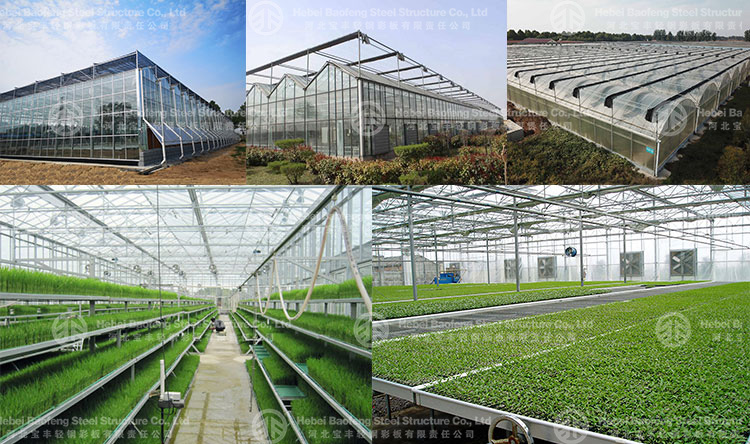
How Greenhouses Enhance Efficiency and Sustainability in Overseas Projects?
Feb 23, 2024Greenhouses play a crucial role in enhancing efficiency and sustainability in overseas projects by optimizing resource use, reducing environmental impact, and increasing productivity. Here's how they achieve these goals:
Resource Efficiency
Water Recycling: Greenhouses often implement water recycling systems, such as using treated wastewater for irrigation, which significantly reduces water consumption and minimizes the strain on local water resources.
Energy Conservation: By utilizing energy-efficient designs and technologies, such as double-layer glass structures and solar panels, greenhouses can reduce their energy consumption and carbon footprint.
Sustainability
Reduced Chemical Use: The use of biological control methods and natural pest management techniques in greenhouses helps reduce the reliance on chemical pesticides, promoting a more sustainable and environmentally friendly agricultural practice.
Biodiversity Preservation: Greenhouses can contribute to biodiversity preservation by providing controlled environments for the cultivation of native species and the protection of endangered plants.
Economic Viability
Increased Productivity: The controlled environment of greenhouses allows for year-round production and can significantly increase crop yields, leading to higher economic returns.
Job Creation: The establishment and operation of greenhouses can create jobs in various sectors, from construction and maintenance to research and marketing, contributing to local economies.
Social Benefits
Improved Food Security: By increasing local food production, greenhouses can help ensure a stable food supply and reduce dependence on imported goods, contributing to food security.
Community Development: Greenhouse projects can foster community development by providing education and training opportunities, as well as improving local infrastructure and services.
In conclusion, greenhouses are a vital tool for enhancing efficiency and sustainability in overseas projects. They not only optimize resource use and reduce environmental impact but also contribute to economic viability and social benefits, making them an essential component of sustainable development initiatives worldwide.
